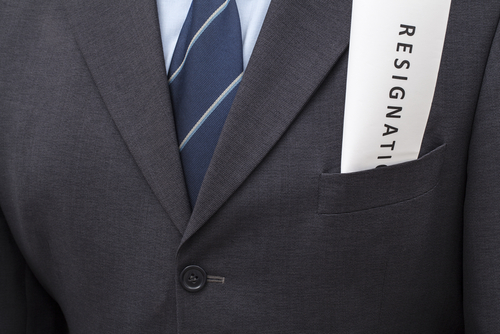Associate Survey Gives Low Marks to Law School Pro Bono, Props to Legal Clinics
Law school pro bono work didn’t fare well in a new survey designed to assess hands-on learning opportunities in law school.
Law firm associates surveyed said legal clinics and externships provide better hands-on training, according to the 2010 Survey of Law School Experiential Learning (PDF) by NALP, the association for legal career professionals, and the NALP Foundation. Legal skills classes were ranked less useful than clinics and externships, but more useful than pro bono.
Only 30 percent of the associates reported participating in at least one legal clinic, but 63 percent of this group found the experience “very useful” on a scale of 1-to-4. Similarly, only 36 percent of the associates said they took part in an externship or field placement, but 60 percent rated the experience “very useful.”
Seventy percent of the associates, on the other hand, took at least one legal skills class during law school. But only about 36 percent found the courses to very useful. Legal skills classes include trial advocacy, negotiations, pretrial litigation, drafting, appellate advocacy, client counseling and interviewing, and law practice management.
Forty-two percent of the associates participated in pro bono work during law school; most spent less than 40 hours on the volunteer work. The numbers were higher for women than men (45 percent compared to 27 percent) and minorities than nonminorities (44.5 percent compared to 34 percent). Only 17 percent of those who spent time on pro bono found it to be “very useful.”
The average usefulness rating, with four being most useful, was 3.4 for legal clinics and externships, 3.1 for skills courses, and 2.2 for pro bono.
The survey was sent to about 500 U.S. and Canadian law firms; about 930 associates responded. Almost 50 percent of the responding associates were from firms of 500 or more lawyers.
Write a letter to the editor, share a story tip or update, or report an error.


